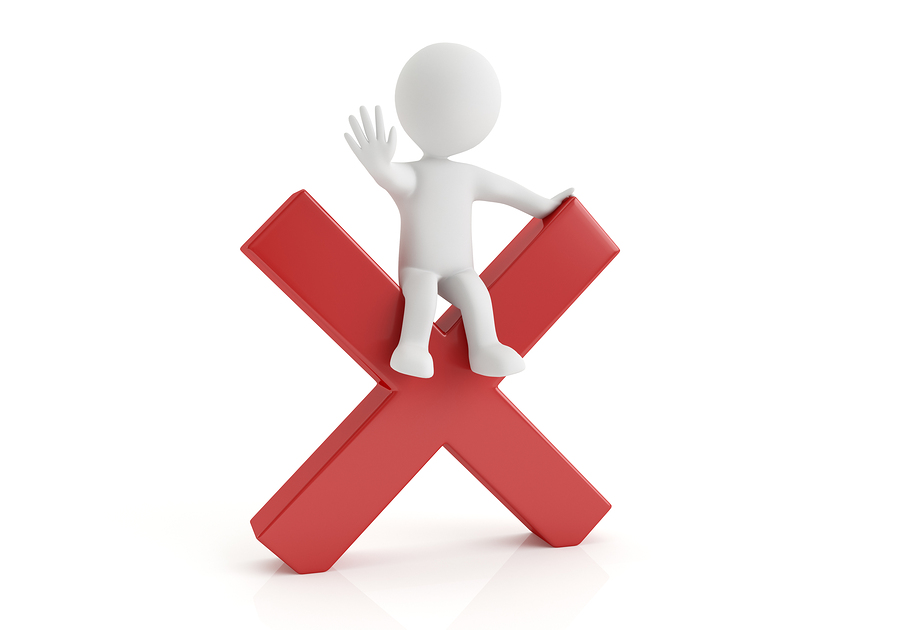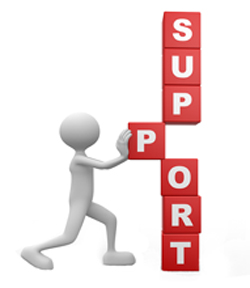If you were selling your car, a nice low-mileage family car that would give years of great service, has a clean interior and no damage, would you use any of the following words in your ad: clunker, junker, pile of s@#&, lemon, tank, rattletrap, rust-bucket, gas hog, banger, scrap metal, heap, beater, rolling wreck or jalopy? Of course not.
Then why, when selling promotional specialty advertising and the products that deliver the messages, is it okay to use words like swag, freebies, loot, swagbucks (coupons), trinkets, tchotchke, novelty, trash, or CPS (cheat plastic s@#&) and many other derogatory terms?
 "Swag" is perhaps the most often used and strongly negative word. It was already considered slang and not to be used by educated people – in the 1823 edition of Francis Grose’s Classical Dictionary of Vulgar Tongue he included the meaning to be stolen property, booty or the rough bag to carry it in. In the 17th century swag was a slang term for a shop that sold cheap trinkets.
"Swag" is perhaps the most often used and strongly negative word. It was already considered slang and not to be used by educated people – in the 1823 edition of Francis Grose’s Classical Dictionary of Vulgar Tongue he included the meaning to be stolen property, booty or the rough bag to carry it in. In the 17th century swag was a slang term for a shop that sold cheap trinkets.
"Trash" and "trinkets " always seem to be used together and fairly regularly by uninformed writers discussing a trade show or bloated government budget. "Tchotchke," "freebies," and "giveaways" are words very often heard coming from your customers. Tough to build value when your customer is making you start from the basement!
So why do we do it? Because many people in the promotional marketing/specialty advertising industry don't realize that they are demeaning the work and creating negative emotional energy with their customers. But the most likely reason is that many people in this industry associate more with the merchandise than with the positive outcomes they use the items to achieve. Basically it is the difference between "advertising specialties" and "specialty advertising." All the negative terms apply to the items, not the work. We all may suffer the inaccurate description of our industry promoted by the main industry association, but we don't have to embrace that product-oriented industry description in our dealings with our clients.
Stop selling "stuff" and start selling the outcome your client wants and the negative words will start to go away. Always refer to promotional items as an effective way to deliver a message. Stop listing products on your business cards. Promote yourself as a promotional marketing specialist. If you don't respect the work you do neither will your customer.
 Start using a lexicon that supports what we do with words like useful, interesting, durable, decorative, valuable, meaningful, educational, economical, effective, targeted, motivating, and welcomed. Remember that no customer ever woke up and decided to buy coffee mugs. They want to build a customer base, increase store traffic, reward employees, improve safety, decrease employee turnover, open new accounts, build affinity with their customers, introduce new services, build relationships with their communities, and more.
Start using a lexicon that supports what we do with words like useful, interesting, durable, decorative, valuable, meaningful, educational, economical, effective, targeted, motivating, and welcomed. Remember that no customer ever woke up and decided to buy coffee mugs. They want to build a customer base, increase store traffic, reward employees, improve safety, decrease employee turnover, open new accounts, build affinity with their customers, introduce new services, build relationships with their communities, and more.
Recently, there have been several news stories about "government waste" and banning promotional products. Again, with the focus on the product and not the outcome, public perception is almost always negative. If government agencies recorded their expenditures as "support materials" or "collateral" for programs such as drug abuse awareness, inter-agency team building, disaster preparedness, pre-natal education or any of the other communications efforts, there would be no outcry about taxes being wasted on "freebies, swag and giveaways."
It all starts with you and the words you choose to use every day. A 2012 report in Psychology Today said that negative words alter the brain by instantly accelerating stress-producing hormones and neurotransmitters. So if you were thinking that they were "just words," think again. Everything you do and say will have an impact on the business you are working to complete. As a marketing “expert,” helping your clients effectively communicate with their customers, you must do everything you can to focus your clients on the suggested program and not introduce anything to increase stress. A client feeling stressful doesn’t make decisions, tells you to call later or simply says no!
It is always difficult to change habits, and the words you use to describe the work you do certainly fall into that category. If you think about what you want to accomplish for your client, choose your words to support that goal and never focus on the product you will eventually use to deliver the message, you will quickly remove the negative words from your conversation. Remember, "swag" is a four-letter word!
Gregg Emmer is chief marketing officer and vice president at Kaeser & Blair, Inc. He has more than 40 years experience in marketing and the promotional specialty advertising industry. His outside consultancy, providing marketing, public relations and business planning consulting to a wide range of other businesses, has been a useful knowledge base for K&B Dealers. Contact Gregg at gemmer@kaeser-blair.com.